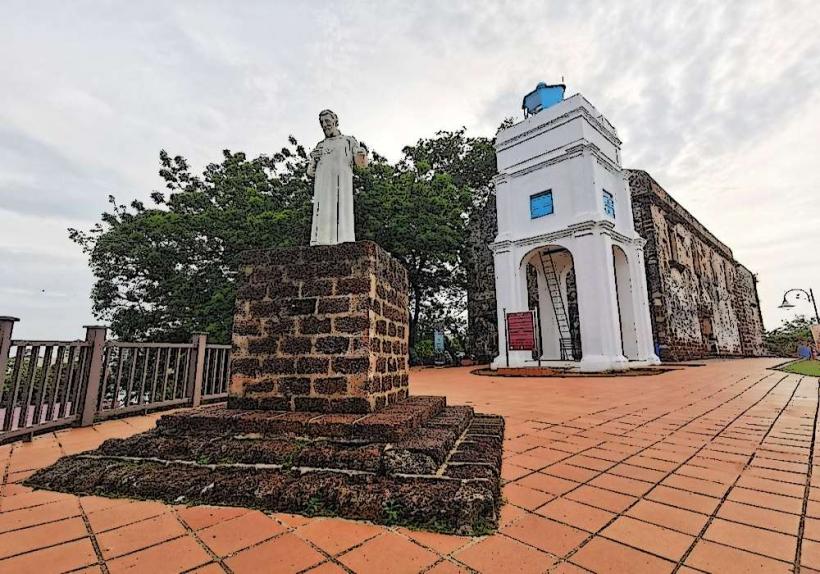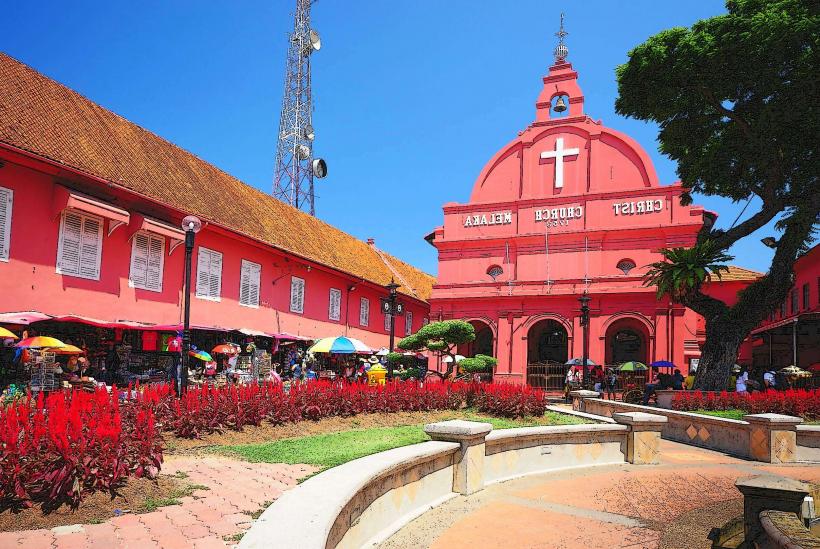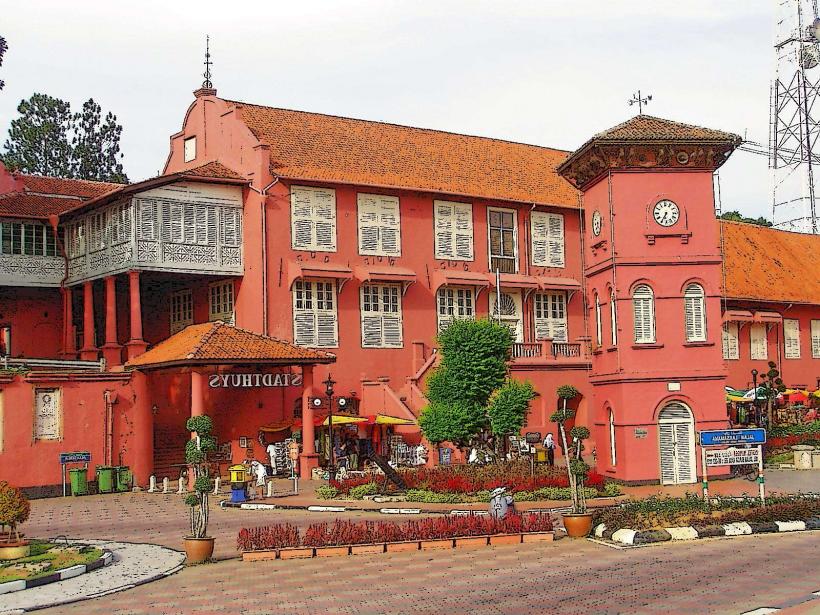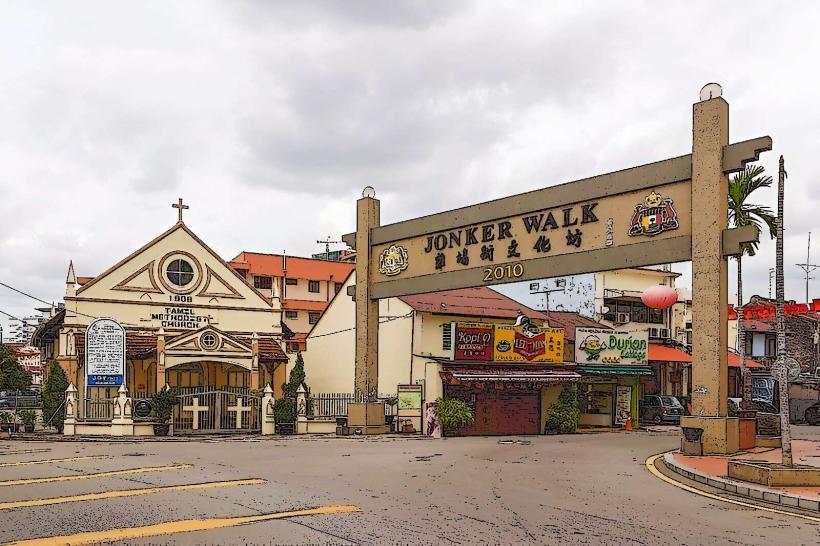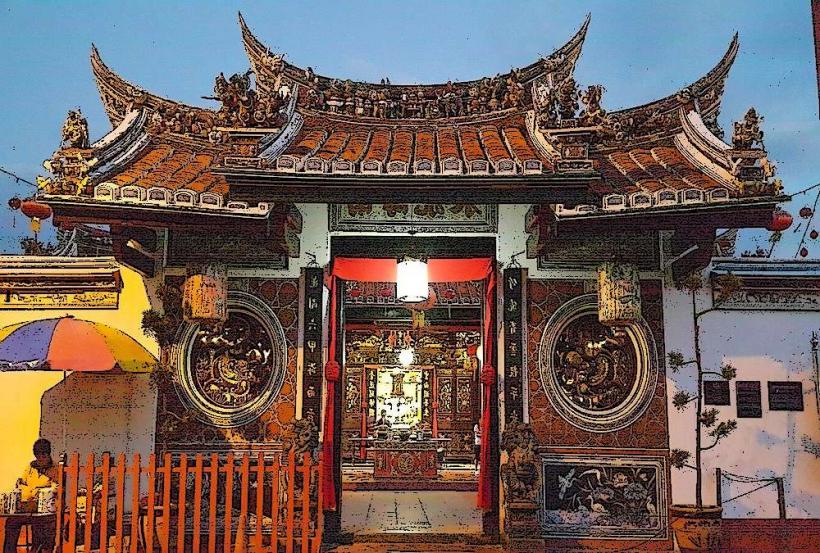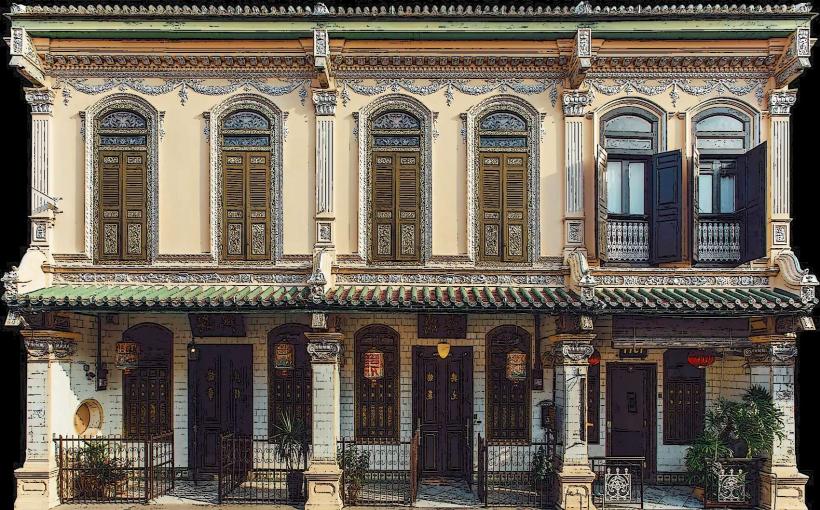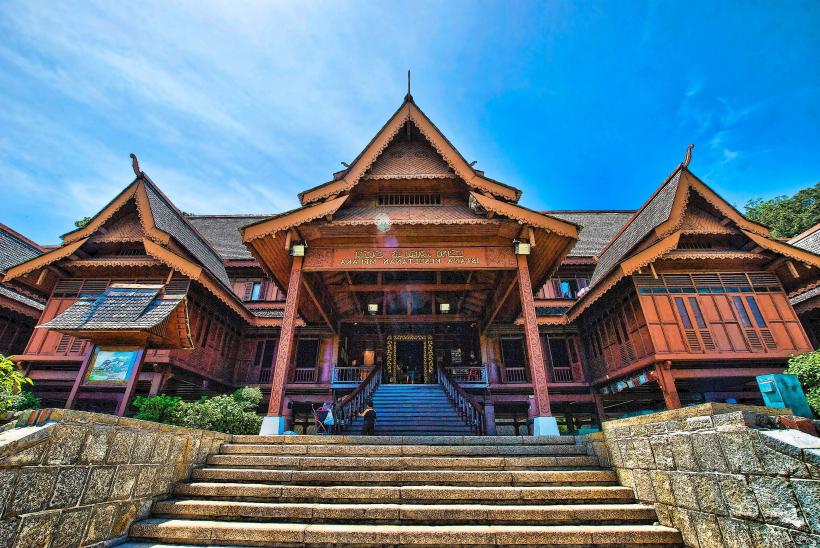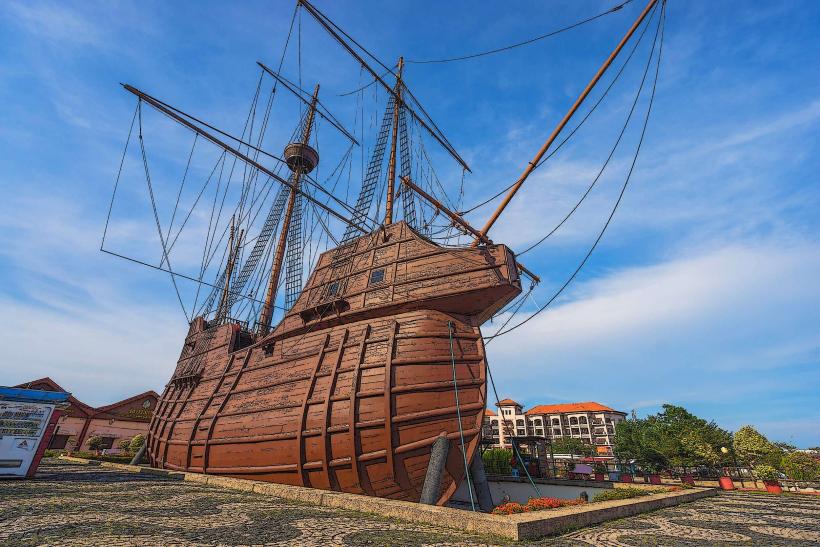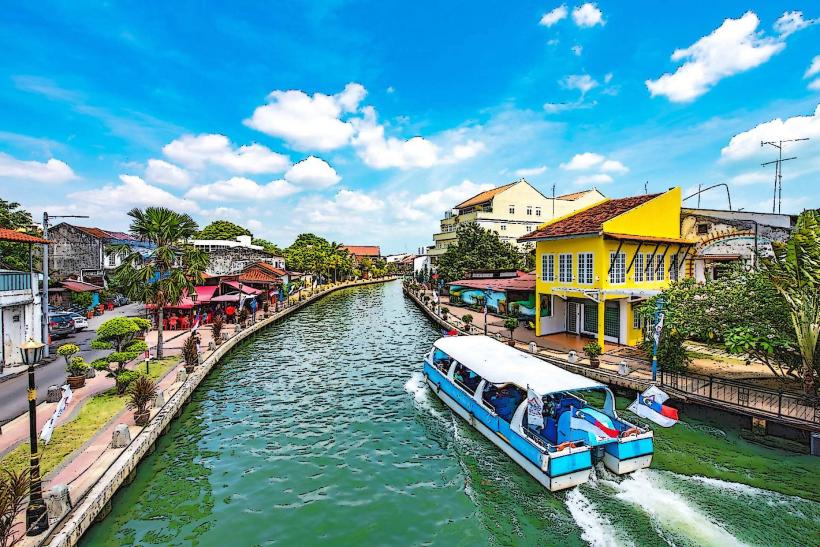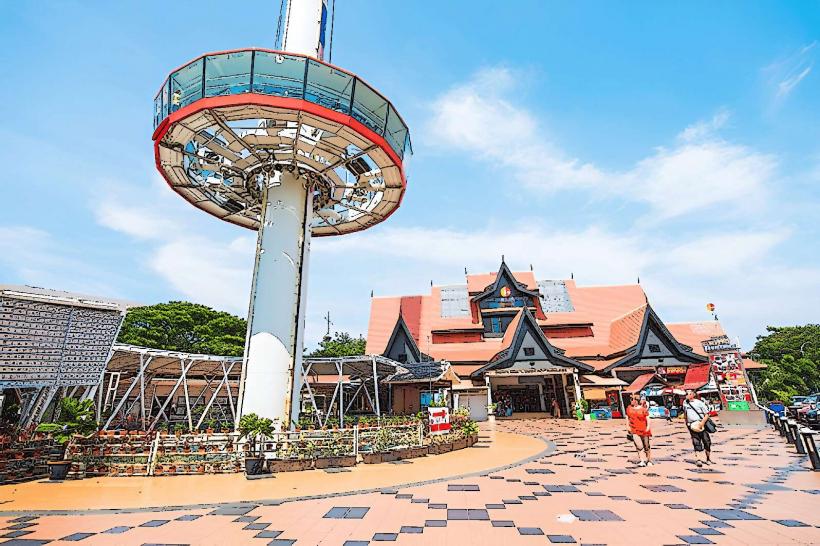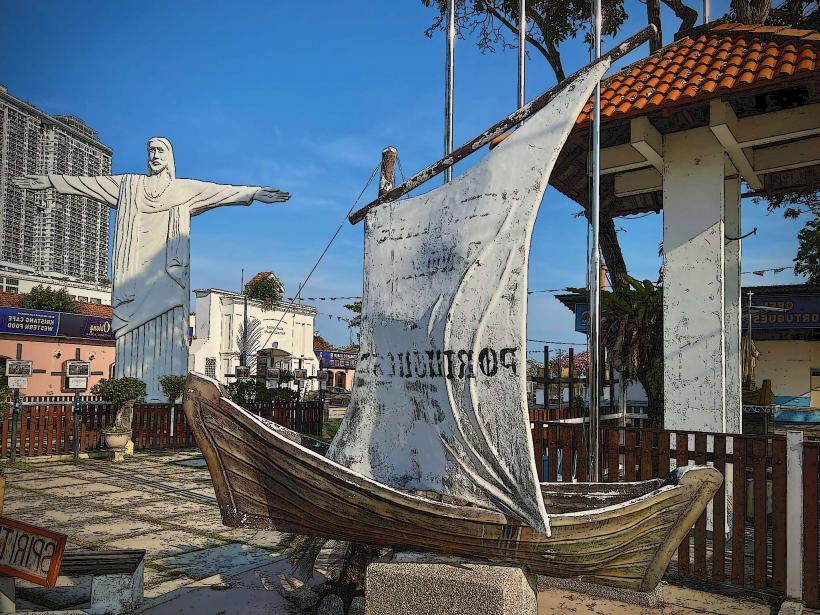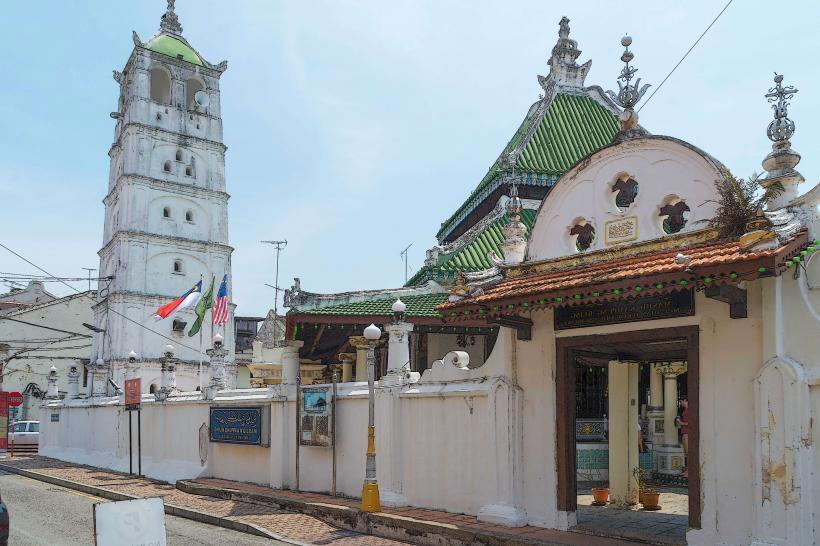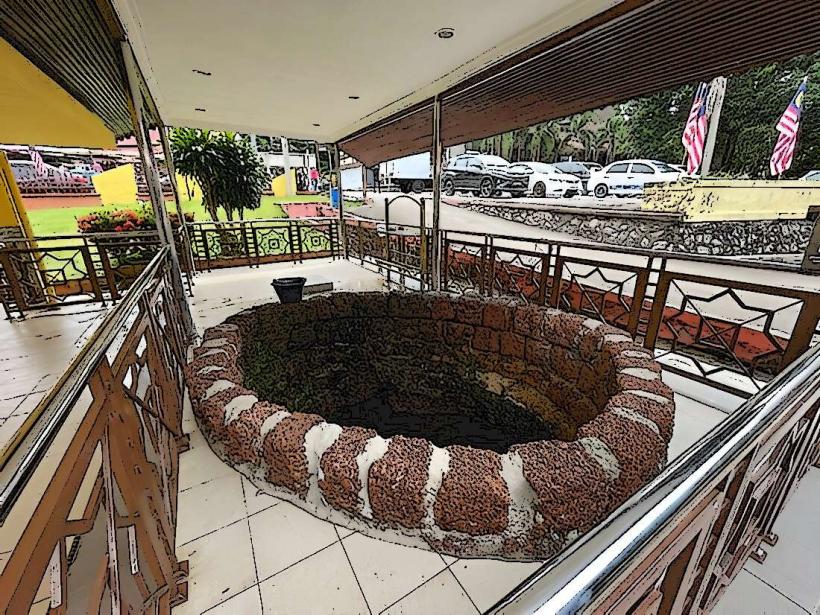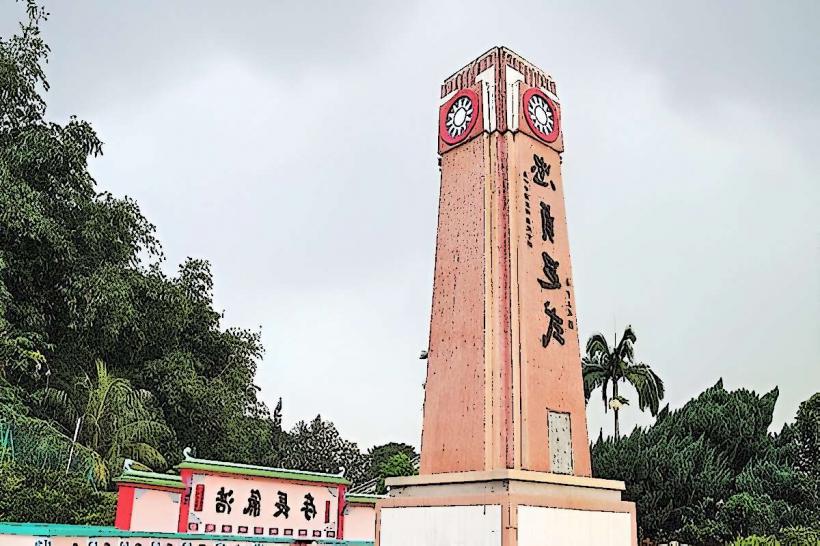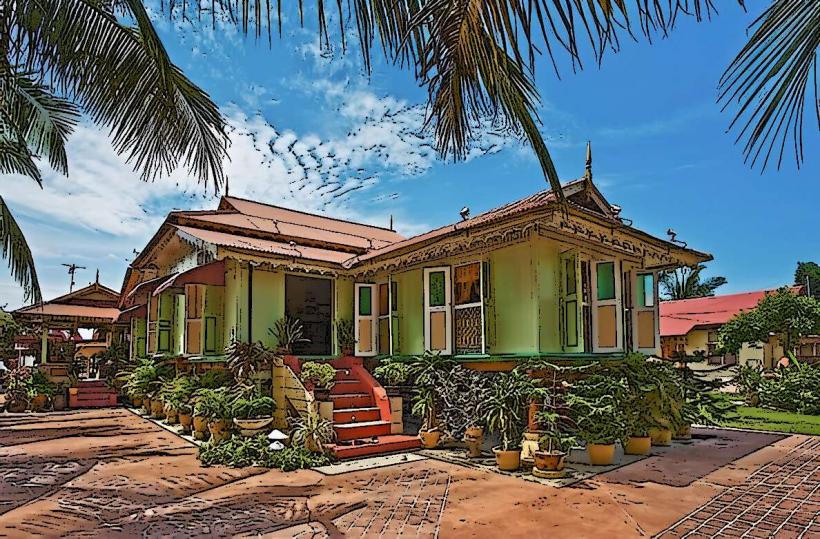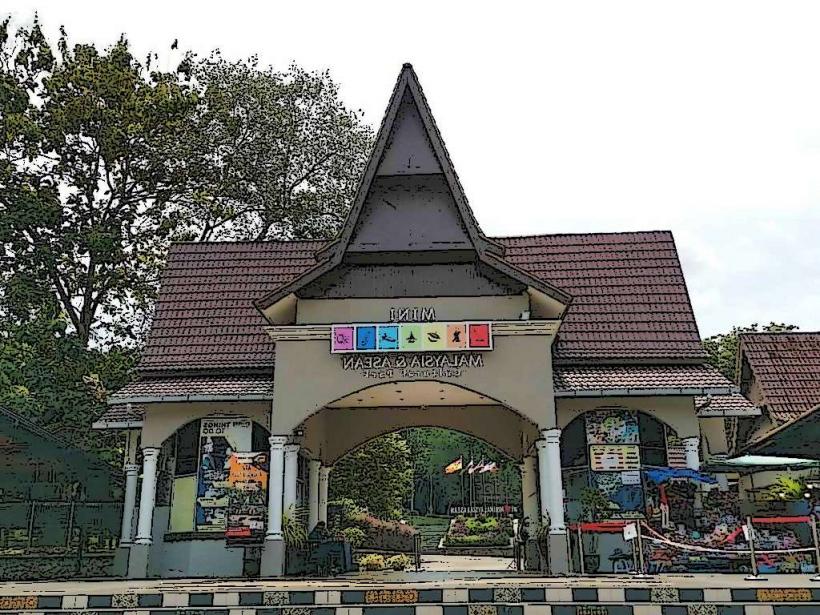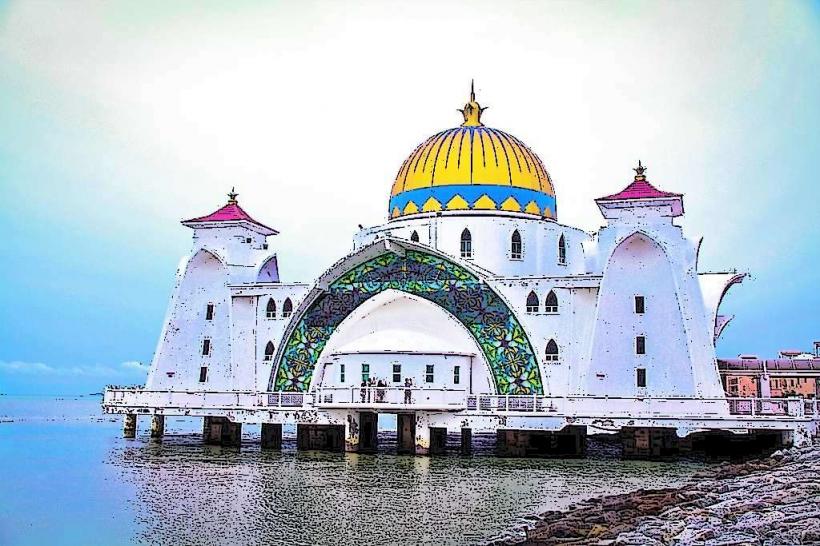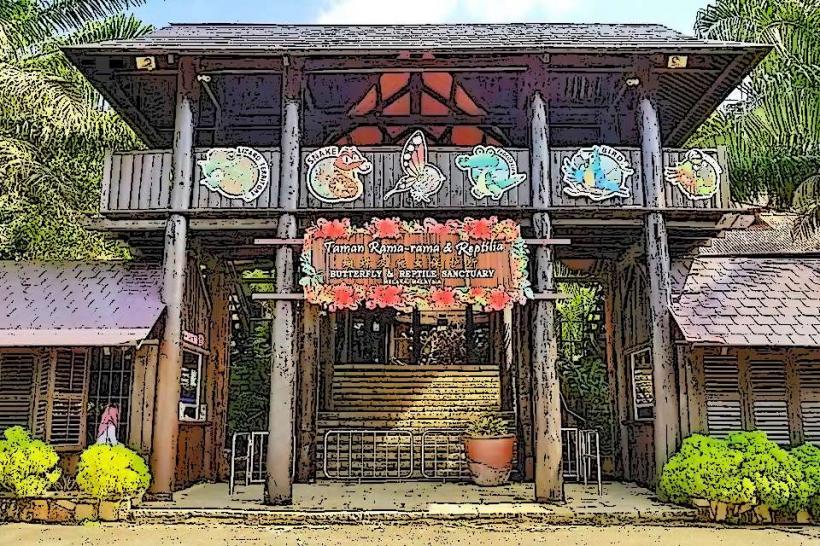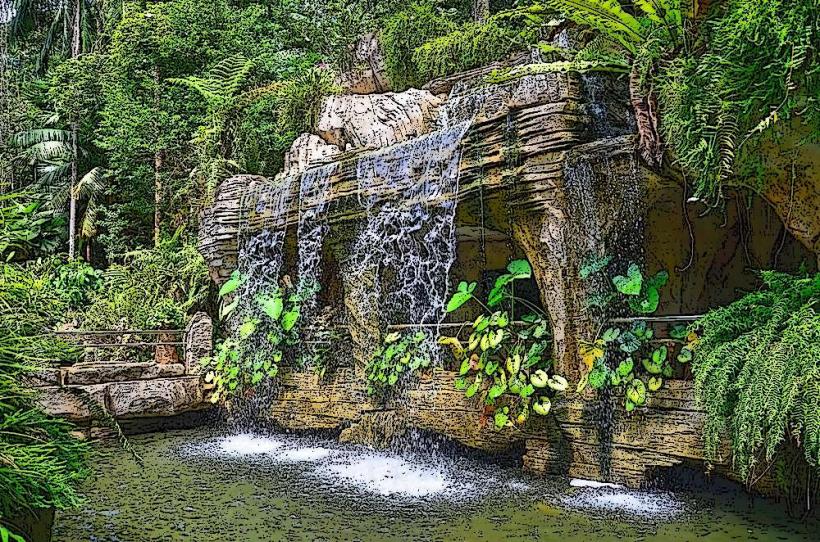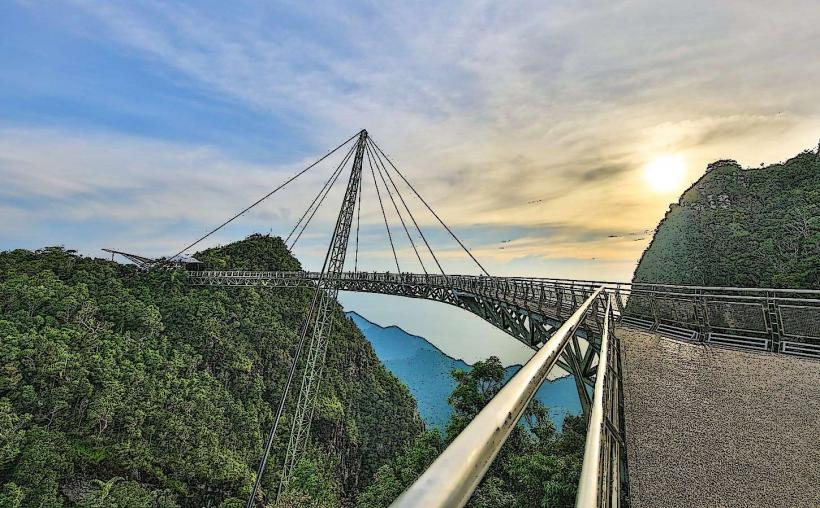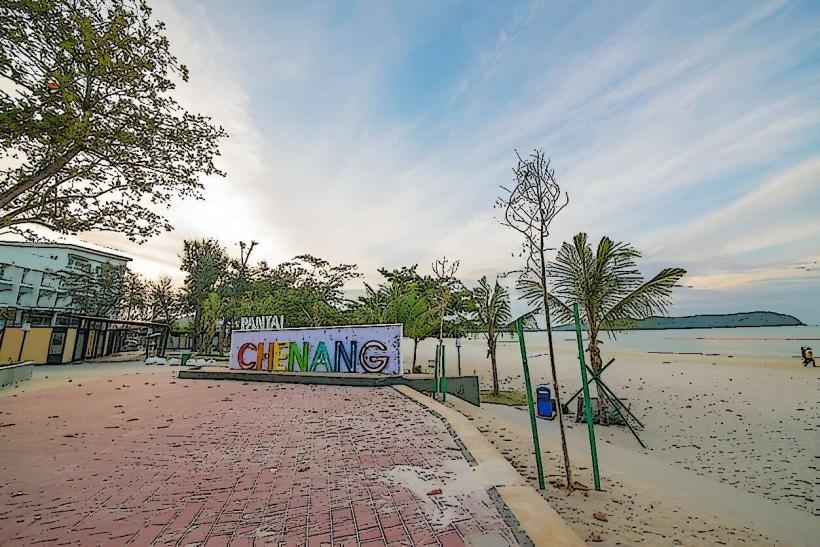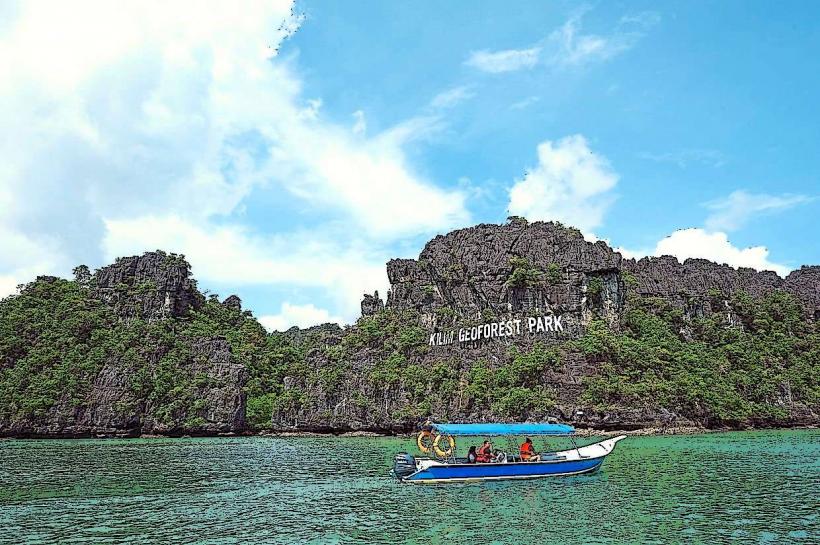Information
Landmark: A FamosaCity: Malacca
Country: Malaysia
Continent: Asia
A Famosa is one of the most famous and historically significant landmarks in Malacca (Melaka), Malaysia. It is a fortress that was originally constructed by the Portuguese during the early 16th century, making it one of the oldest surviving European architectural structures in Southeast Asia. The name A Famosa comes from the Portuguese word “famosa,” meaning “famous” or “renowned,” reflecting its status as a symbol of the early colonial era in the region.
History:
Portuguese Era: A Famosa was built in 1511 by the Portuguese conquerors after they seized Malacca from the Sultanate of Malacca. The fortress was originally part of a larger defensive complex designed to protect the Portuguese-controlled Malacca Strait, which was a key maritime trade route at the time.
- The fort was designed by Alfonso de Albuquerque, the Portuguese viceroy, to defend the city against attacks from the Dutch, Ottomans, and local forces. It was initially known as the Fortaleza de Malaca.
- A Famosa was strategically located on the hilltop and overlooked the important Malacca Strait, making it a formidable stronghold for the Portuguese.
Dutch and British Control: After the Portuguese were defeated by the Dutch in 1641, the Dutch took control of the fort, and it became a key part of their defense network. Later, when the British arrived in the area in the 19th century, they took control of Malacca, and the fort remained an important symbol of the colonial era. However, much of the fort was dismantled during the British period, and only a few remnants of the original structure remain today.
Features and Attractions:
1. The Porta de Santiago:
- The Porta de Santiago is the most well-known and best-preserved part of A Famosa. It is a small gatehouse that originally served as the entrance to the fort. This structure, made of laterite stone, has survived for over 500 years and is a symbol of Portuguese colonial architecture.
- The gate has a distinctive arched doorway, and visitors can still see remnants of Portuguese inscriptions and coats of arms. This impressive gateway is one of the oldest European architectural structures still standing in Southeast Asia.
- The structure is a popular photography spot, as the iconic gatehouse provides a glimpse into the past and offers beautiful views of the surrounding area.
2. The St. Paul's Hill (Bukit St. Paul):
- Adjacent to A Famosa is St. Paul's Hill, which offers a commanding view of the Malacca Strait. The hill is home to St. Paul’s Church, a historic church that was originally built by the Portuguese in the early 16th century and later became a Dutch Reformed Church under Dutch rule.
- The church was built as a place of worship for the Portuguese settlers but was later abandoned by the Dutch after they took control of Malacca. It was eventually repurposed and used as a burial site for some Dutch officials.
- The St. Paul’s Church now lies in ruins, but it remains an important historical site, and visitors can explore its quiet, atmospheric surroundings.
3. Remnants of the Fortifications:
- While much of A Famosa was demolished by the British in the 19th century, visitors can still see several remains of the fort’s original walls, including cannon embankments, defensive walls, and other structures that give an impression of the fortress’s once-mighty scale.
- Visitors can walk along the remaining portions of the fortifications, offering a sense of the fortress’s former glory and its strategic importance in the region.
4. The Well and Other Structures:
- Within the remnants of A Famosa, there is a well known as the A Famosa Well, which was once used to supply the fort with water. While it is not a major attraction, the well is a historical site of interest.
- Other structures that are visible include portions of the fort’s bastions, gates, and walls.
Significance:
- Historical Importance: A Famosa is a major historical landmark in Malacca and represents a significant chapter in the history of colonial Southeast Asia. The fort played an important role in the Portuguese, Dutch, and British control of the region, and it reflects the region’s role as a crucial center of trade and cultural exchange.
- UNESCO World Heritage Site: The fort is part of the Malacca Historic City area, which was inscribed as a UNESCO World Heritage Site in 2008. This recognition highlights the fort’s historical and cultural value to the region and the world.
Visitor Experience:
- Opening Hours: The fort is open to the public year-round, typically from 9:00 AM to 6:00 PM. It is recommended to check for any special events or holidays that may alter the hours of operation.
- Admission: There is usually a small entrance fee to visit A Famosa, though visiting the Porta de Santiago and the surrounding areas is free.
- Photography: The area is a popular spot for photography, with visitors often taking pictures of the Porta de Santiago, St. Paul’s Church, and the surrounding views of Malacca.
- Cultural Insights: A visit to A Famosa provides a chance to learn about the different colonial powers that shaped the history of Malacca, as well as the region’s importance in the broader context of Southeast Asian trade and history. Interpretive signs and historical plaques are scattered throughout the site to provide more context.
Nearby Attractions:
- St. Paul's Church: Located just above A Famosa on St. Paul’s Hill, this historical site offers a glimpse into the past and stunning views of Malacca.
- Christ Church: A short walk from A Famosa, Christ Church is a Dutch colonial-era church known for its distinctive red exterior and its role in the religious history of the region.
- Malacca Sultanate Palace: A replica of the Sultanate Palace that offers insight into the Sultanate of Malacca and its history, located near the A Famosa site.
- Jonker Street: A vibrant street in the heart of Malacca’s Chinatown, known for its historical buildings, antiques, street food, and nightlife.
Conclusion:
A Famosa is an essential stop for anyone interested in the history and heritage of Malacca and Malaysia as a whole. As one of the oldest European-built structures in Southeast Asia, it provides valuable insight into the region’s colonial past. The surviving remnants of the fort, especially the Porta de Santiago, are iconic and contribute to the rich historical fabric of Malacca. With its strategic location and historical significance, A Famosa remains a key cultural landmark for both locals and tourists alike.

